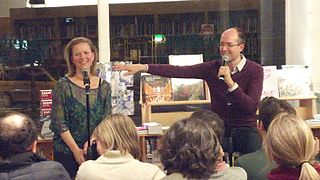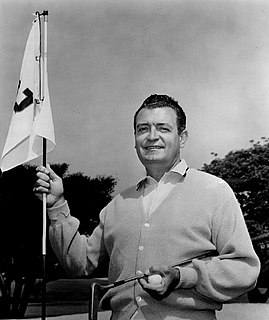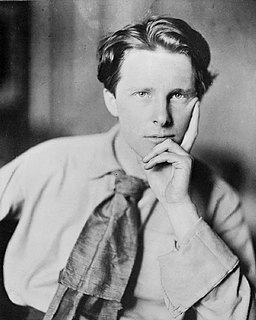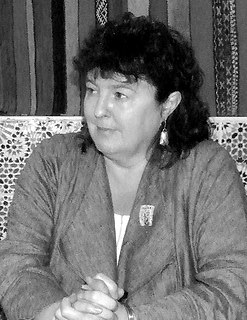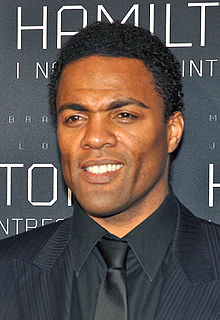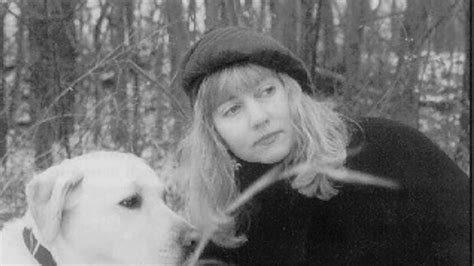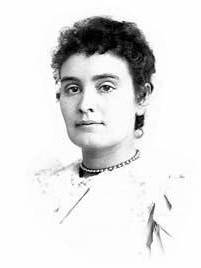A Quote by Amity Gaige
I often read poetry to 'warm up' before I write.
Related Quotes
Often poetry, especially the sort of poetry I write, is concerned with looking at the borders between the sensual and the spiritual and seeing them as divided, equivocal, that mystery somehow can break in to the ordinary. And we read poetry I think in part, to gain a sense of that intimacy with things that we can't understand that are unable to be understood but that buoy up our lives.
When people decide to talk publicly about poetry as an art form and how it's received, they often get very abject about it: "Nobody reads poetry," and then a thousand people write back, "No, we read poetry." There's an abundance of this negative preaching to the choir, and it's very similar to the experience I'm having.
Sometimes he would advise me to read poetry, and would send me in his letters quantities of verses and whole poems, which he wrote from memory. 'Read poetry,' he wrote: 'poetry makes men better.' How often, in my later life, I realized the truth of this remark of his! Read poetry: it makes men better.
A lot of people think they can write poetry, and many do, because they can figure out how to line up the words or make certain sounds rhyme or just imitate the other poets they've read. But this boy, he's the real poet, because when he tries to put on paper what he's seen with his heart, he will believe deep down that there are no good words for it, no words can do it, and at that moment he will have begun to write poetry.
Truly fine poetry must be read aloud. A good poem does not allow itself to be read in a low voice or silently. If we can read it silently, it is not a valid poem: a poem demands pronunciation. Poetry always remembers that it was an oral art before it was a written art. It remembers that it was first song.
I haven't written poetry in a long time but I read it and I miss it. It is so hard to write. So hard to finish, so hard to find the exact word to make it shine. In honor of my youth I will write a poem to finish this essay. It is spring in the Ozark Mountains. The yellow flowers are blooming and the birds wake me at dawn and last night five planets lined up by the moon in the western sky. If that doesn't inspire me to poetry what will?
